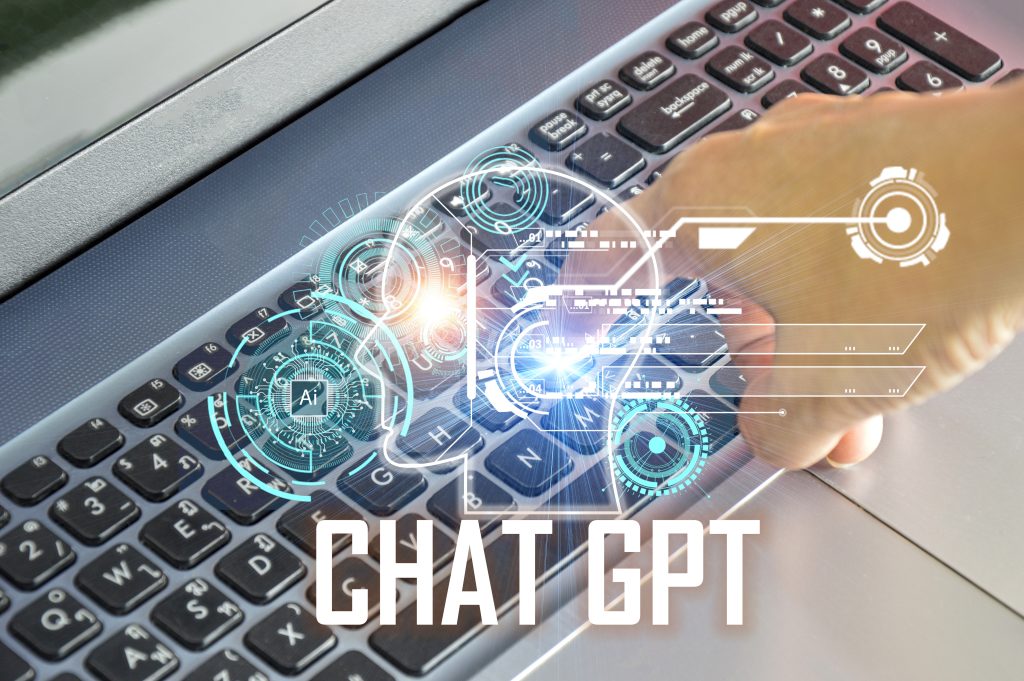ChatGPT-4 breaks ground in legal ethics exam
Recent research has shed light on the capabilities of artificial intelligence in navigating the complexities of legal ethics exams. ChatGPT-4, an AI model renowned for its cognitive prowess, showcased its proficiency by achieving notable results in a simulated Multistate Professional Responsibility Exam (MPRE) focused on legal ethics—an exam mandatory in 49 US states.

The increasing integration of artificial intelligence (AI) into various professions has been a subject of both fascination and scrutiny. Recently, new research has unveiled the remarkable capabilities of Chat GPT-4, an AI-powered system, in navigating and succeeding in legal ethics.
In an interesting development highlighted by a report from LegalOn Technologies, an AI-driven contract review company, Chat GPT-4 showcased its proficiency by surpassing human test takers’ scores in a simulated Multistate Professional Responsibility Exam (MPRE). This exam, a mandatory assessment in 49 US states, assesses an individual’s comprehension of legal ethics, an essential aspect of the legal profession.
The findings revealed that Chat GPT-4 achieved an impressive 74% accuracy rate on the MPRE questions, surpassing the estimated 68% average accuracy rate achieved by human candidates. Remarkably, the AI particularly excelled in sections pertaining to conflict of interest and the client-lawyer relationship, boasting accuracy rates of 91% and 88%, respectively.
These results signify a monumental leap in the potential role of AI in supporting legal professionals in navigating ethical compliance matters. By exhibiting a strong grasp of nuanced ethical dilemmas, Chat GPT-4 hints at its ability to aid lawyers in better understanding and adhering to their professional responsibilities.
However, amidst the enthusiasm surrounding this achievement, there remains skepticism from certain quarters. The National Conference of Bar Examiners, responsible for the development of the MPRE, expressed reservations about the assertions made in the report regarding GPT-4’s passage of the legal ethics test. A spokesperson emphasized that while the legal profession continues to embrace technological advancements, attorneys possess a distinct skill set that currently remains unmatched by AI.
The spokesperson’s remarks underscore a critical point: while AI shows promising capabilities in specific domains, the intricate skills, judgment, and adaptability inherent in legal practice still predominantly reside within human expertise.
The study’s implications, nonetheless, are profound. It provides a glimpse into the potential of AI to serve as a valuable resource for legal practitioners, aiding in ethical decision-making and enhancing overall compliance with professional standards.
